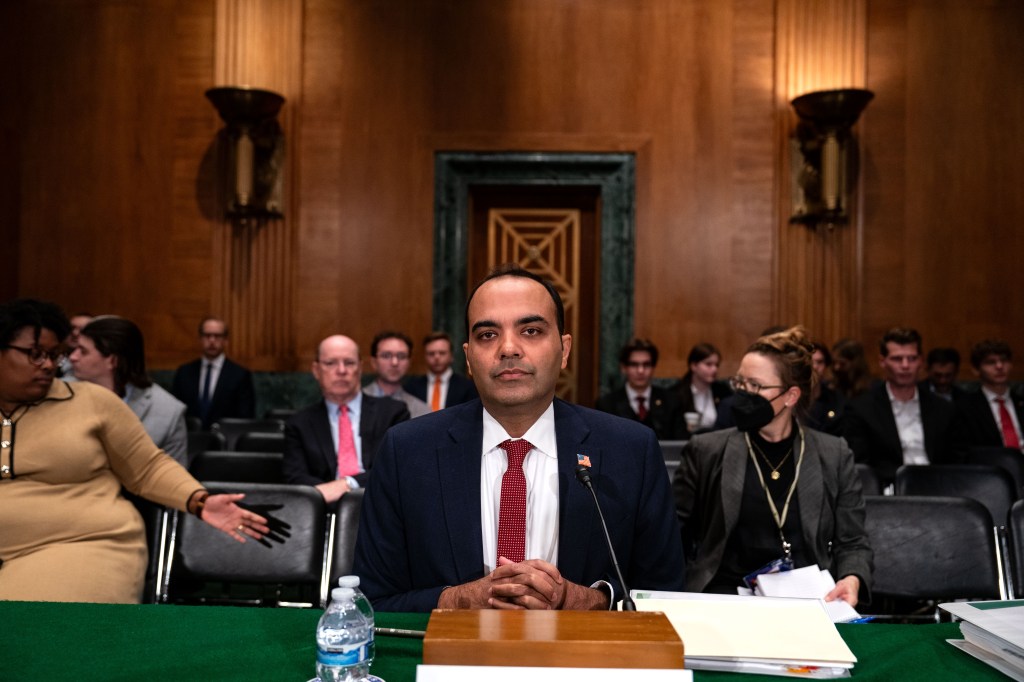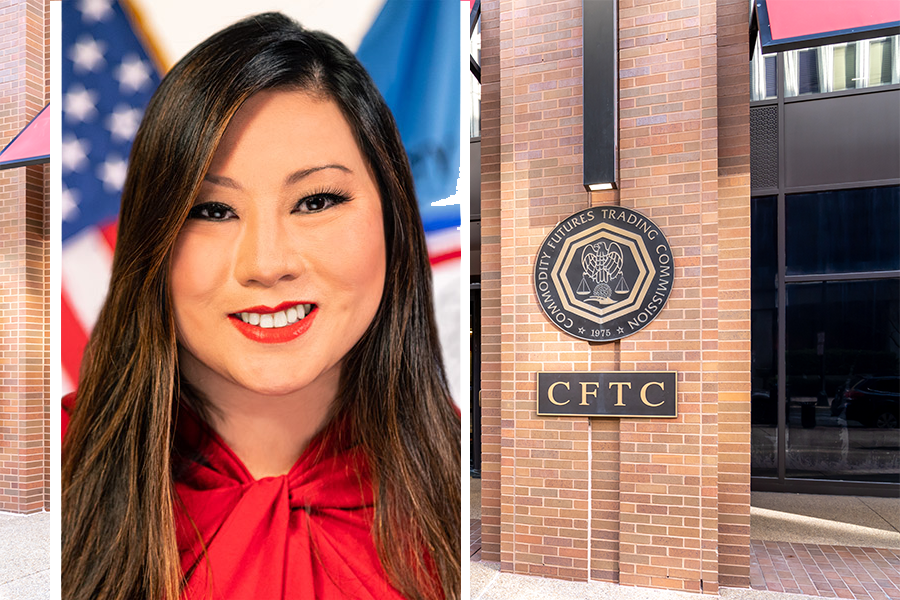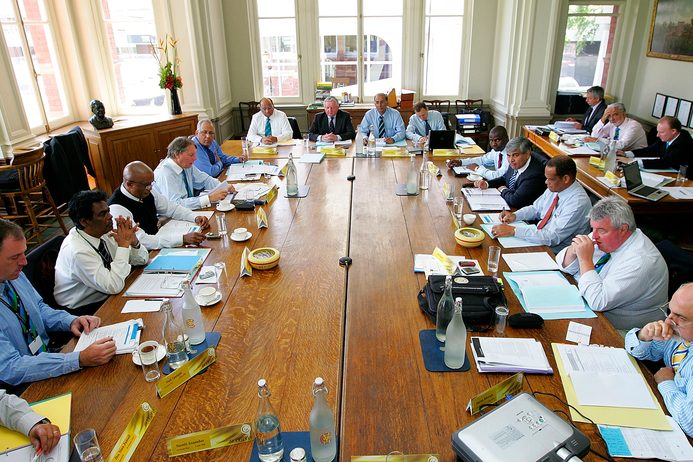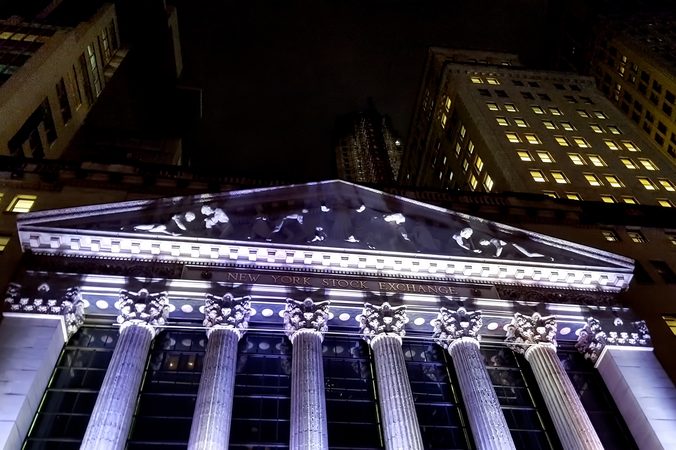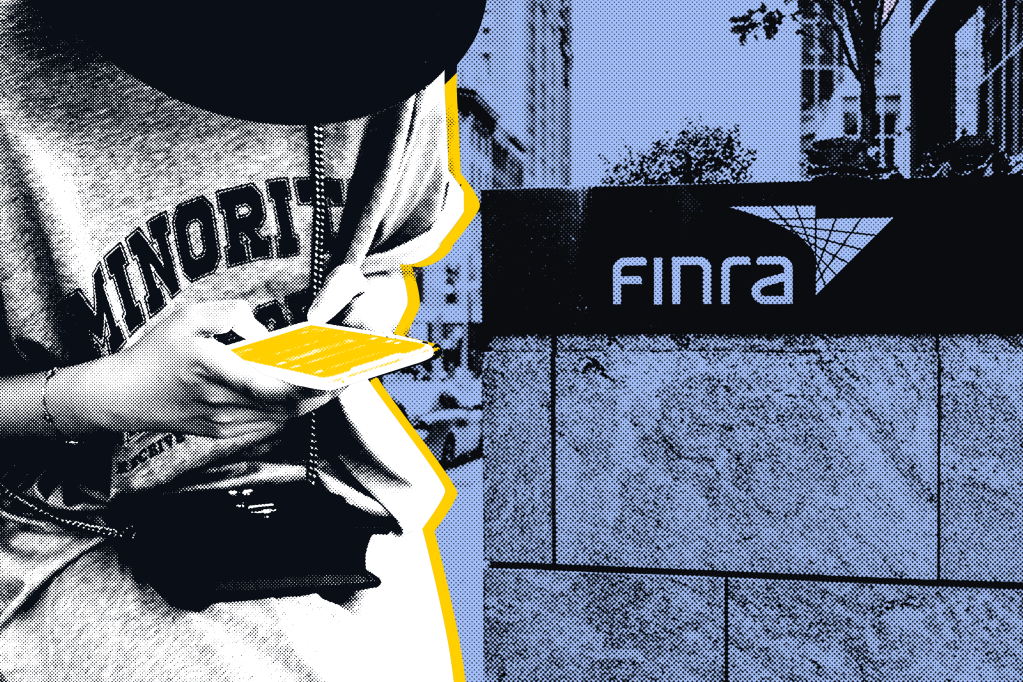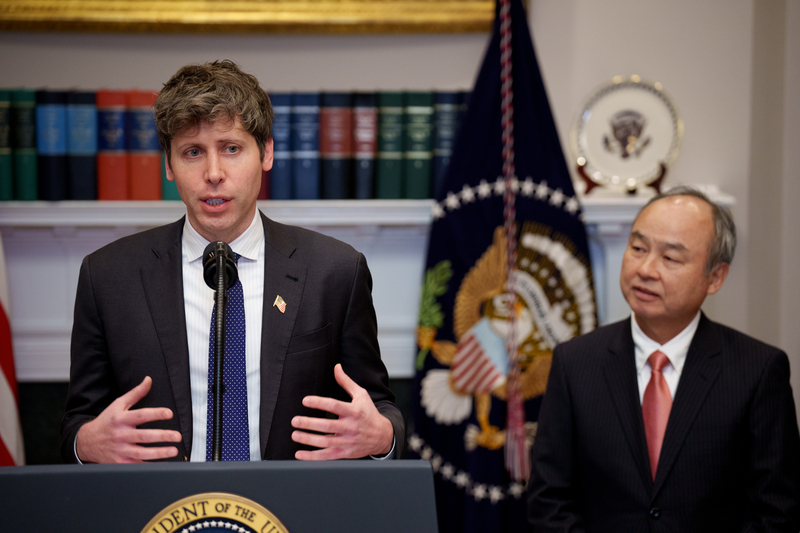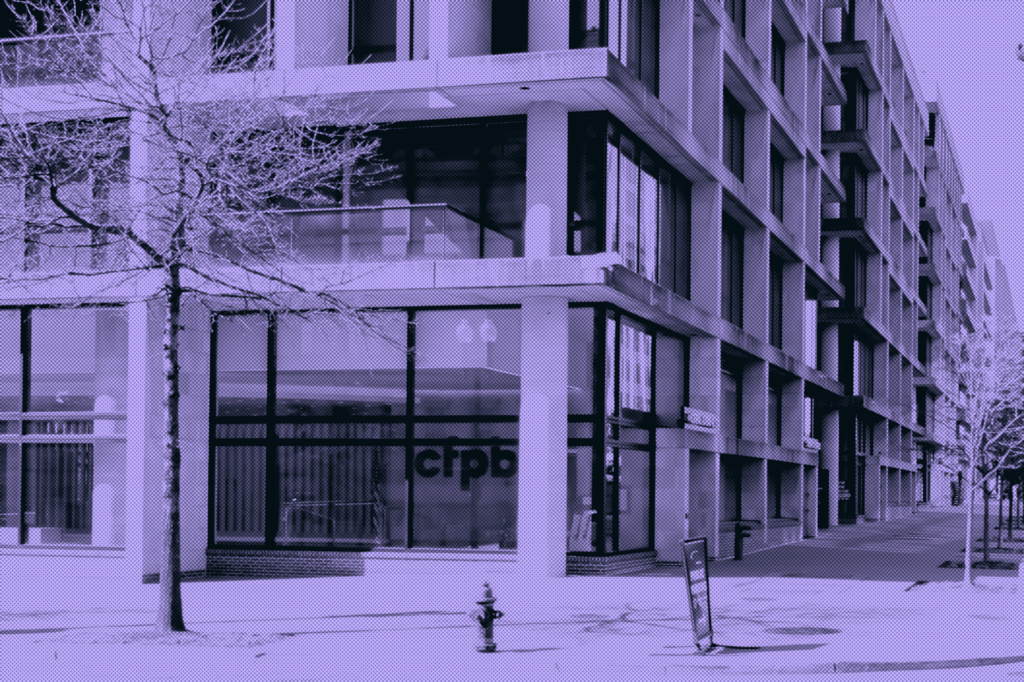FINRA has fined UBS Securities LLC (UBS) $2.5m for violating Regulation SHO (Reg SHO) and supervisory failures during a nine-year period.
FINRA found that from 2009 to 2018, UBS failed to close out approximately 5,300 failure-to-deliver positions in a timely manner, and routed or executed over 73,000 short sales in securities which did not contain the satisfying close-out requirement without first borrowing or arranging to borrow the shares.
Some of UBS’s violations of Rule 204 of Reg SHO came from various long-running issues, including:
- using revocable volume weighted average price (VWAP) transactions or limit orders to address buy-in obligations for failures to deliver;
- considering shares released from segregation in connection with customer long sales available to close out a failure to deliver; and
- certain order management systems not always restricting short sales in securities with an unsatisfied close-out requirement.
The findings also showed, from 2009 to August 2022, that UBS’s supervisory systems, including its written procedures, were not outlined enough to achieve compliance with the requirements of Rule 204 of Reg SHO. Even though UBS performed annual reviews of its Rule 204 systems, the firm still failed to identify its improper treatment of shares in connections with a customer long sale.
Red flags
UBS also failed to identify any red flags in its books and records, which indicated that the VWAP algorithm routed certain buy-in orders as limit orders. It was only after a system malfunction that UBS identified its failure to fully enforce Rule 204’s “penalty box”.
“The short sale obligations imposed by Reg SHO afford critical protection to the markets and investors,” said Jessica Hopper, Executive Vice President and Head of FINRA’s Department of Enforcement. “Effective supervision focuses on every stage of a firm’s Rule 204 compliance and includes testing to confirm that systems and programming operate as intended, without unplanned consequences.”
Without admitting or denying the charges, UBS Securities has consented to the entry of FINRA’s findings.
Rule 204 Close-out requirement
Rule 204 requires brokers and dealers that are participants of a registered clearing agency to take action to close out failure to deliver positions. Closing out requires the broker or dealer to purchase or borrow securities of like kind and quantity. The participant must close out a failure to deliver for a short sale transaction by no later than the beginning of regular trading hours on the settlement day following the settlement date. If a participant has a failure to deliver that the participant can demonstrate on its books and records resulted from a long sale, or that is attributable to bona fide market making activities, the participant must close out the failure to deliver by no later than the beginning of regular trading hours on the third consecutive settlement day following the settlement date. If the position is not closed out, the broker or dealer and any broker or dealer for which it clears transactions (for example, an introducing broker) may not effect further short sales in that security without borrowing or entering into a bona fide agreement to borrow the security (known as the “pre-borrowing” requirement) until the broker or dealer purchases shares to close out the position and the purchase clears and settles.
Source: sec.gov
When a fail is not closed out as required by Rule 204(a), Rule 204(b) of Regulation SHO prohibits the broker-dealer from engaging in short sales in the security without first borrowing or arranging to borrow the security, commonly known as the “penalty box” provision. The security remains in the “penalty box” and subject to the pre-borrow requirement until the broker-dealer purchases securities of like kind and quantity and the purchase clears and settles. A violation of Rule 204 of Regulation SHO is also a violation of FINRA Rule 2010, which requires members to observe high standards of commercial honor and just and equitable principles of trade in the conduct of their business.
Source: https://www.finra.org/sites/default/files/2022-10/UBS-Securities-AWC-100422.pdf




